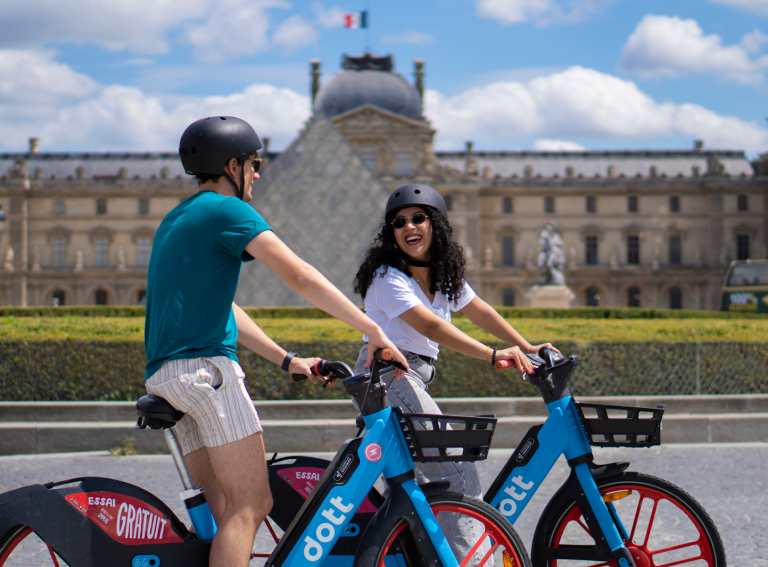A contact recently let me into one of the cycle trade’s dirty little secrets: he confided that it may actually be good for business if a customer’s bike is stolen because they are likely to fork out a second time to buy a replacement. After the loss of a third bike, however, the equation flips on its head. With few exceptions, after three strikes, all but the most dedicated cyclists are “out”.
The retailer quickly changed the subject when I asked for his opinion on which stage we are at now: the optimistic phase when most are willing to give it another go, or on the path to “divorce”, when the relationship is beyond repair?
His comments stuck in my mind because for some time I’ve been baffled by the reluctance of industry figures to recognise that the growth of cycling is being held back by high crime rates.
Two years ago, when Boris Johnson published Gear Change, a blueprint for “the most radical change to our cities since the arrival of mass motoring”, the government estimated that “more than 300,000 cycles are stolen each year – about three times the number of cars taken.” It added: “Many who lose their bikes in this way never return to cycling.”
Bike thefts also have a more insidious effect, by deterring many riders from using them in everyday life, which is after all, the goal of government policy. Anyone who has experienced the shock and frustration of having their bike stolen is likely to be reluctant to let it out of their sight by using it for a shopping trip, a visit to a pub or a venue because of the risk of again suffering theft or vandalism. This is especially so for more-expensive e-bikes.
That rules out many everyday uses, where it might replace a car or public transport, unless it can be stored in an office or at someone’s home.
The lackadaisical approach to bike theft is also fuelling violence. Last autumn road cyclists were targeted by machete gangs in Richmond Park, southwest London, and there was a spate of muggings in East London of riders of Brompton folding bikes during the spring.
It is worth noting that the number of thefts reported to the police in England and Wales in 2021 were only 67,116, less than a quarter of the government’s estimate. The discrepancy suggests that theft is now “priced in” to the experience of being a cyclist and that victims only bother reporting it to the police if they are insured and need to demonstrate that they have a crime number.
Johnson’s time in office will come to an end by 5 September, and it is unlikely that his successor as prime minister will match his commitment to turning the country into a “cycling nation”. But even on the most generous assessment, his pledges to “do more to combat bike theft” have made little progress.
The current system is a mess. Few questions are asked about the provenance of bikes for sale on online marketplaces such as Facebook, eBay and Gumtree. The police do not have an effective agreement with them to access the personal data needed to track down sellers of stolen goods. If the owner makes a formal complaint, and the online marketplace withdraws the listing, the trail goes cold.
Even if the police do recover a bike, the owner may be unable to prove that it is their property. Bicycle manufacturers use incompatible numbering systems and some use stickers, rather than engraved serial numbers. There are around 30m bikes in the UK but the biggest database, the Bike Register, only lists around 1m.
Many victims have been left with no option but to play detective, posing as interested buyers to fix up often hair-raising encounters with the thieves. I have spoken to many of these people, who are bewildered by the absence of basic security measures for items which may be worth many hundreds, or even thousands, of pounds.
There is a solution. Do not reinvent the wheel, but adapt the system used for cars. There should be a comprehensive database for all new bicycles, and both the seller and the buyer should be obliged to check that they are not handling a bike which has been flagged as stolen. Ignorance of a bike’s provenance should not be an excuse. A bike with the serial number scraped off should not be accepted for sale.
Will this end all thefts? Of course not. But it will crush the mass market for stolen bicycles online, and it might persuade more of us that it is safe to park our bikes in public.








